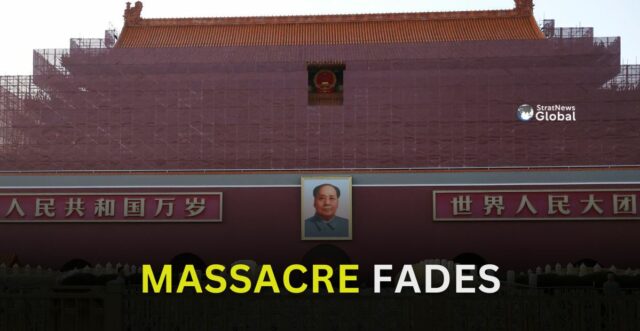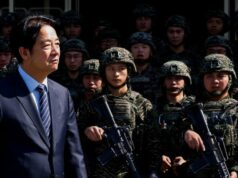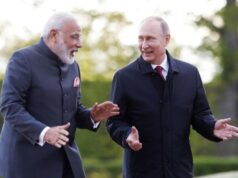As the world marks the 36th anniversary of the massacre of students at Beijing’s iconic Tiananman Square, how does China’s youth see that movement? Are they inspired by it? Is the country’s current political and economic climate an echo of that past?
Manoj Kewalramani, who heads the China studies programme at the Takshashila Institution, believes that the striking feature among Chinese youth today, is the absence of any political activism. The massacre appears to hold greater salience for the Chinese diaspora abroad rather than those on the mainland, he says.
“Political reform is not something which is animating young people,” Kewalramani notes, “witness the protests in Hong Kong that died out. Again because of government propaganda and deliberate efforts to erase it from public memory, many don’t know how substantial and serious it was. For most students, it was a disturbance that was put down and they think nothing further.”
Forget mainland China, news out of Hong Kong shows social media posts put out by foreign missions commemorating the massacre, but nothing which suggests common people are galvanised or moved by it.
There’s also the fact that the US no longer holds the same attraction what with restrictions on the issue of visas to Chinese students and the sense that there is chaos in Washington DC.
“Materially life in China is seen as better than in the US,” Kewalramani says, “where they once looked at the West as the ideal, today they see only chaos. This is partly the result of government propaganda.”
But this is not to say there is no activism.
“The Covid protests of 2022 showed that if things got out of hand people can still mobilise. The idea is not to challenge the system but to fight policies that are seen as problematic, such as workers rights, the condition of gig workers and the fact that the future does not appear as great any more.”
Largely this is a fallout of the housing crisis with young people unable to afford a home of their own. With no place to live, marriage is the first casualty. Add to that long hours at work which has fuelled the “lying flat” movement.
To its credit, the leadership recognises this, with the increasing articulation of the “struggles” young people are facing. They are telling the youth that in the near term, things are going to be difficult since the economy is in transition and the international environment is difficult.
At the end of the day, youth want a better life, an assurance that the future will be better than those of their parents. The Tiananman Square massacre, in that sense may not hold the same appeal 36 years on.





